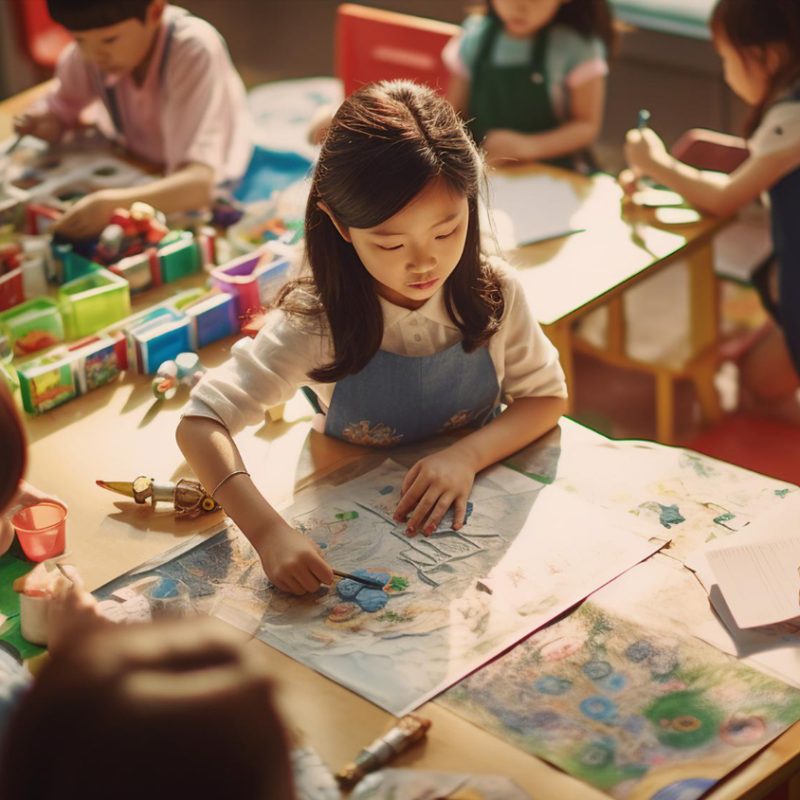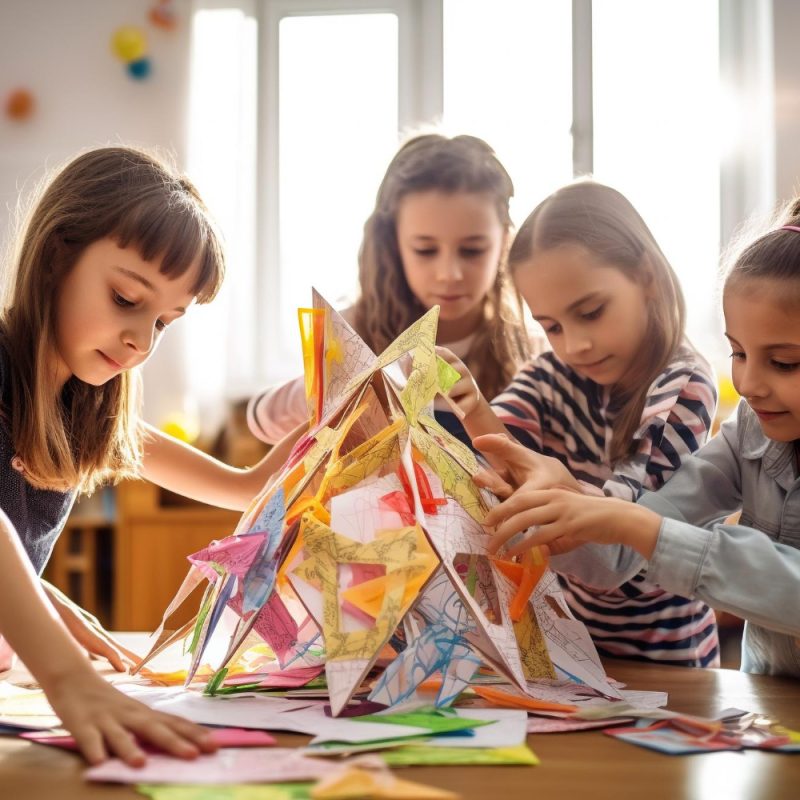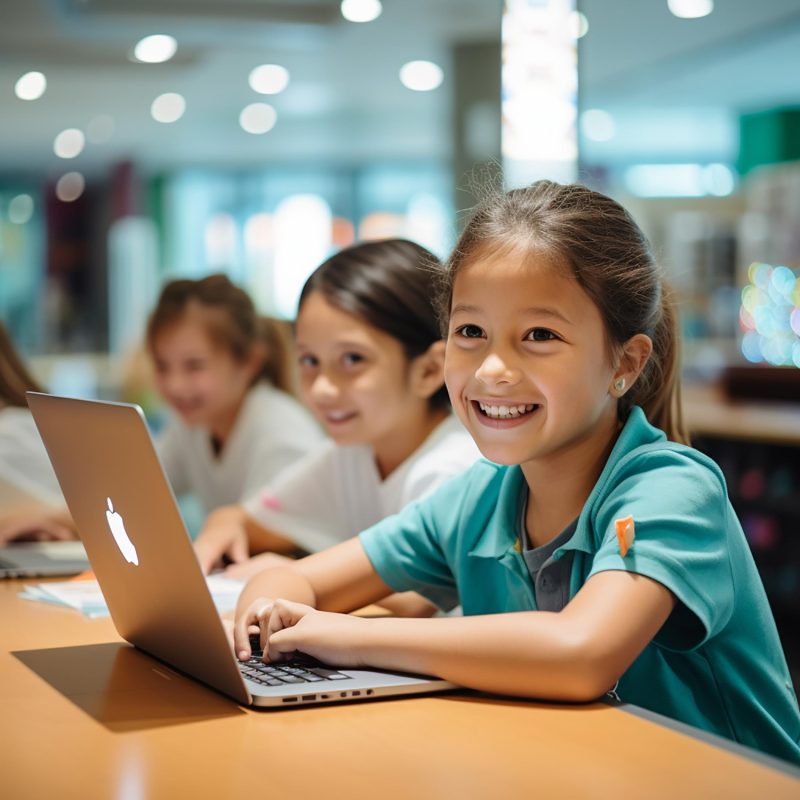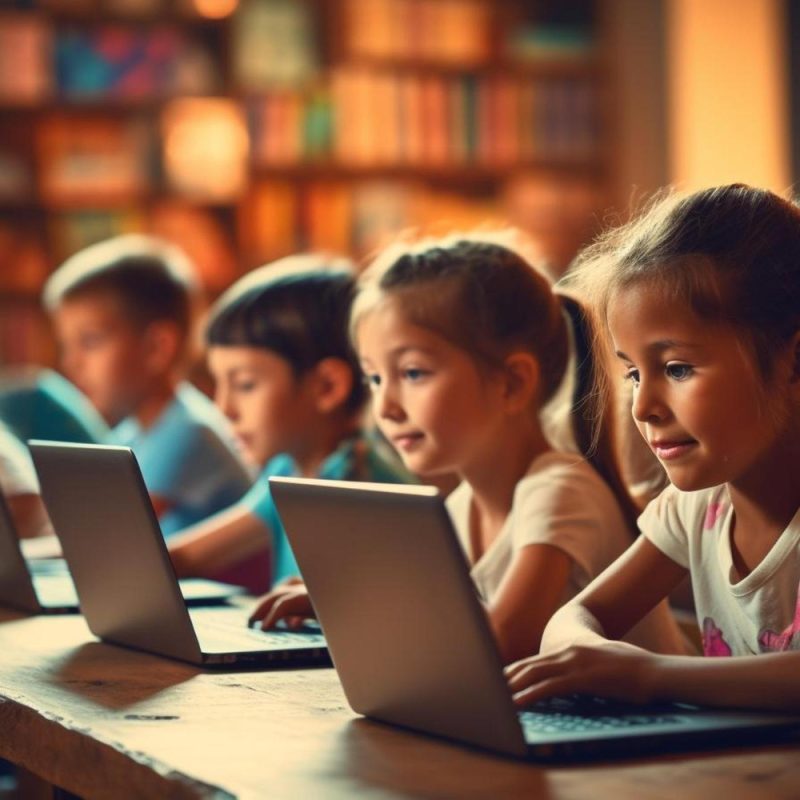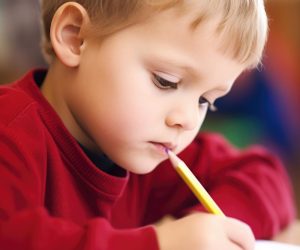Social And Emotional Learning (S.E.L.)
The process of Social and Emotional Learning (SEL) involves helping children and adults understand and manage their emotions,act ethically and responsibly,set and achieve positive goals,show empathy for others,establish and maintain positive relationships, and make responsible decisions.These skills are essential for a successful life.
Research has shown that students who participate in SEL programs experience improved academic performance, relationships, and behaviors.Additionally, teachers who teach SEL can improve their relationships with students,leading to better social adjustment and academic competence among their students.
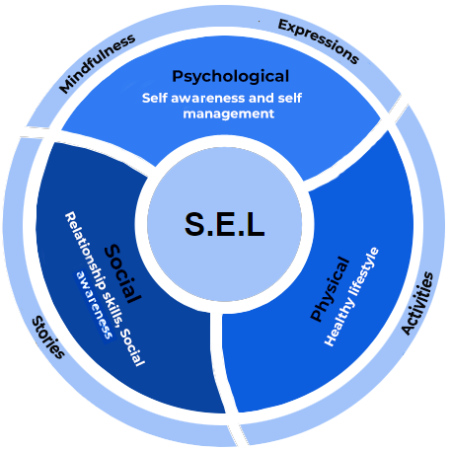
Psychological
Self-awareness and self-management are essential skills for students to develop in order to be successful in both their academic and personal lives. Self-awareness is the ability to recognize one’s own emotions, thoughts, and behaviors, and understand how they impact oneself and others. Self-management, on the other hand, is the ability to control one’s own emotions, thoughts, and behaviors in order to achieve goals and make positive choices. Together, these skills allow students to understand and regulate their own emotions, make informed decisions, and set and achieve personal and academic goals. By developing self-awareness and self-management skills, students can better navigate the challenges and opportunities they encounter in school and beyond.
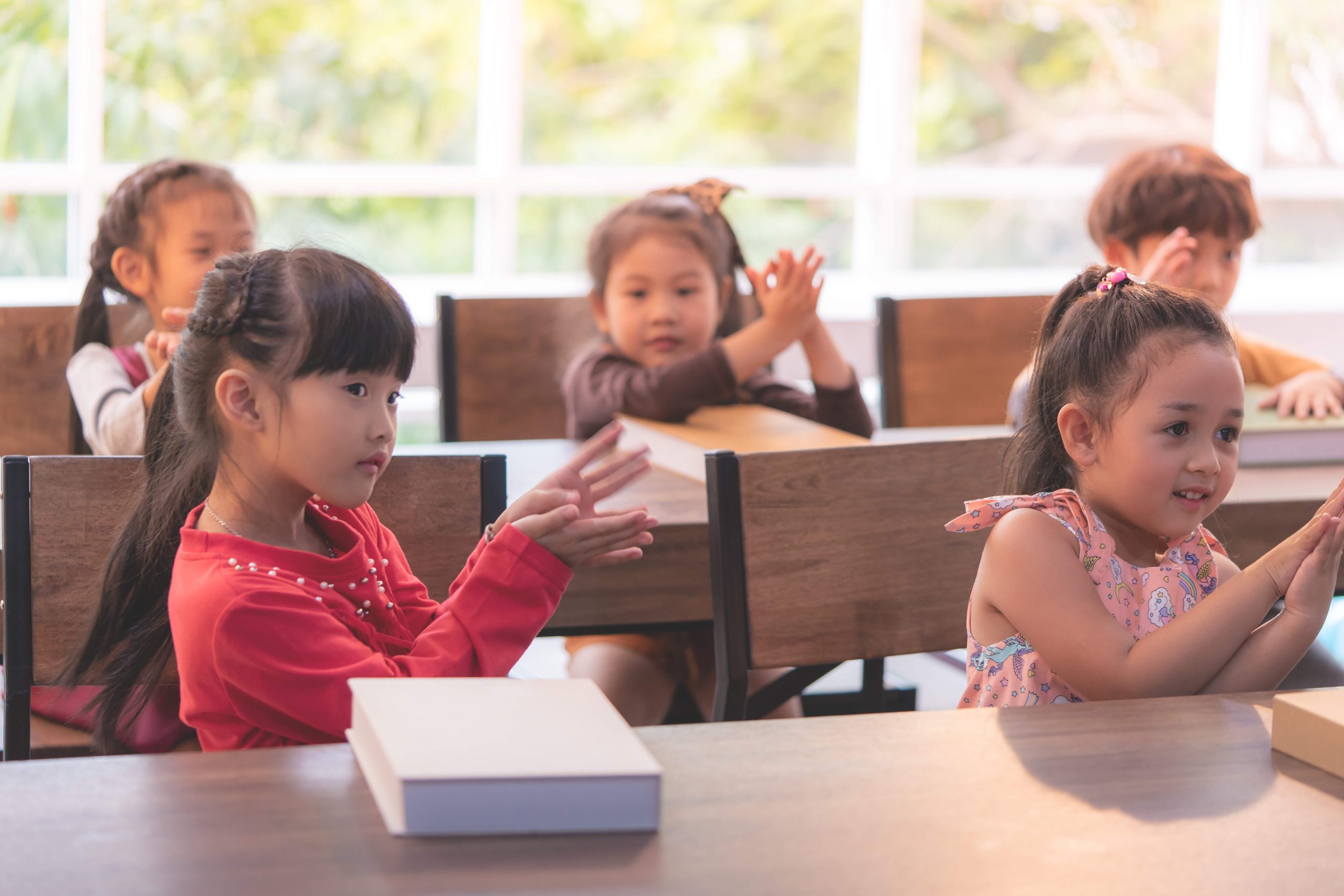


Physical
The connection between physical activity and academic success is well-established. When students engage in regular physical activity, they not only improve their physical health, but also develop important social and emotional skills that aid in their academic performance. By incorporating physical education and health education into the curriculum, students learn valuable life skills such as conflict resolution, communication, and perseverance, which help them navigate daily challenges and promote positive behavior both in and out of the classroom. Additionally, regular physical activity has been shown to reduce conduct problems, substance abuse, and emotional distress in students.
Social
Having strong relationship skills and social awareness is crucial for students as they navigate their social and academic lives. Relationship skills include the ability to communicate effectively, listen actively, and resolve conflicts in a positive manner. Social awareness, on the other hand, involves understanding the perspectives and feelings of others, being sensitive to cultural and individual differences, and being able to recognize and respond to social cues. Together, these skills help students build and maintain healthy relationships with their peers, teachers, and family members. They also help students navigate social situations with confidence and empathy, which can lead to a more positive and inclusive school and community environment.
Additionally, students with good relationship skills and social awareness tend to be more successful academically and socially.
Expressions
The ability to express oneself is a fundamental human need. It allows us to communicate effectively with others and understand our own thoughts and emotions. Through expression, we can share our feelings and experiences, which can deepen our connections with others and bring a sense of satisfaction and fulfillment. Recognizing, acknowledging, and expressing emotions is an important aspect of human relationships. In short, expression is an essential part of being human and plays a crucial role in our overall well-being.
Activities
Younger children have limited capacity for logical reasoning, but they are highly observant and curious about their surroundings. They learn best through hands-on experiences and enjoy asking questions. Playful activities, such as physical games and sports, not only foster a love of movement but also help children develop important life skills. By participating in these activities, students become more self-aware, learn to make responsible choices, and develop a sense of community within the school. It is our goal that these values become ingrained in their daily lives, allowing them to navigate various situations with ease.
Stories
The use of stories as a medium to teach children important values and societal issues is a powerful tool. They provide an engaging way to present different perspectives and raise awareness about various problems and virtues in society. By providing a sense of reality and encouraging introspection, stories can be more effective in shaping a child’s understanding of the world. Furthermore, stories have a unique ability to resonate with children and leave a lasting impact on their development. This is why they are given special emphasis in curriculum development.
Mindfulness
Mindfulness is the practice of being present and aware of the current moment. During mindfulness sessions, children learn to observe things without making judgments or preconceptions. These sessions involve activities such as listening attentively to sounds in the environment, paying attention to surroundings and objects, focusing on breathing, stretching, and observing thoughts as they come and go in the present moment. Research has shown that children who participate in mindfulness programs have improved academic performance, better relationships, and positive behaviors. Additionally, teachers who incorporate mindfulness into their teaching have better relationships with their students and improve student’s social and academic success.
